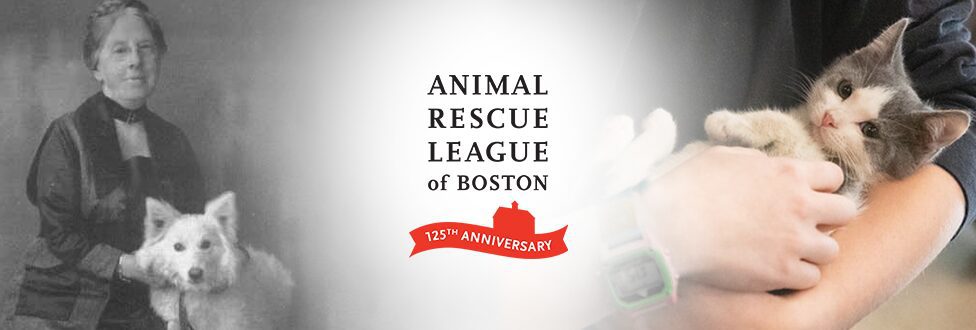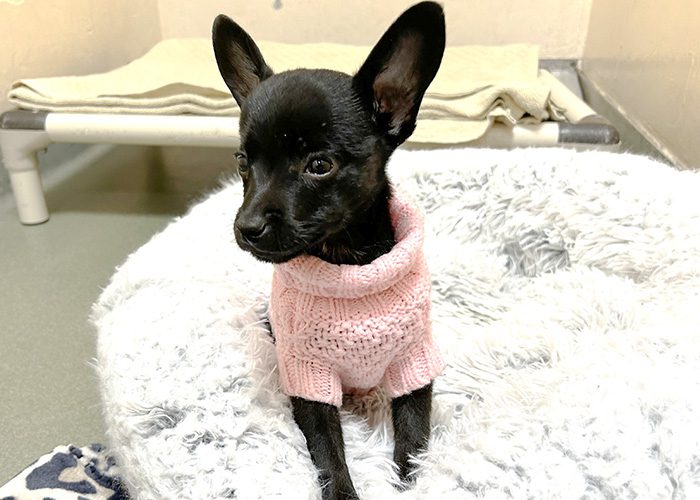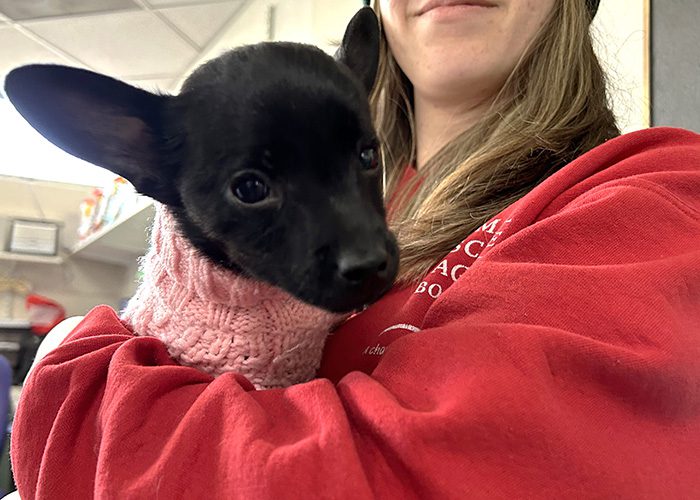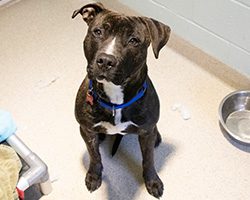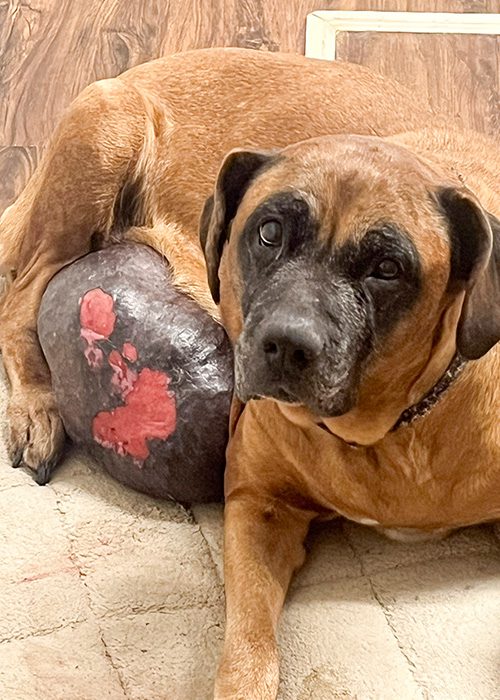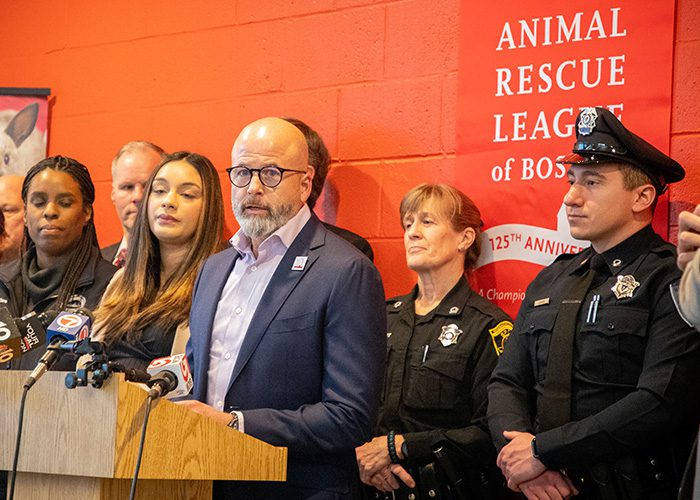You’re Invited: Anna Harris Smith Day of Service
125 years ago, Anna Harris Smith, a social worker from Dorchester, was called to action after seeing the cruel mistreatment of Boston’s working horses and the number of stray and homeless animals. She advocated for a centrally located shelter to care for them and remarked, “while getting dogs and cats off the street is work worth doing, the teaching of thoughtful kindness is the work that changes families, communities, and a nation”.
On March 13, 1899, thanks to Anna’s efforts, the Animal Rescue League of Boston (ARL) was officially incorporated and began helping millions of animals heal, find homes, and stay with their families, while protecting them from cruelty and neglect.
In honor of Anna’s legacy of kindness and commitment to animals, we are excited to announce the Anna Harris Smith Day of Service on March 13, 2024.
Imagine the impact of 125 caring individuals, inspired by Anna’s words, “Kindness uplifts the world,” coming together to make a difference through acts of service. Will you be one of them?
Here are 7 ways you can spread kindness on March 13:
- Stock ARL’s pet food pantry
Donate pet food through ARL’s Amazon or Chewy wish lists and have them shipped directly to ARL; or purchase them in-store and drop them off at one of our Animal Care & Adoption Centers in Boston, Dedham, or Brewster.
- Brighten the day of a shelter pet
Draw a photo, write words of encouragement, or download one of our coloring templates from Facebook. Submit your creations to marketing@arlboston.org for us to print; or mail them to Animal Rescue League of Boston, Attn: Marketing, 10 Anna’s Place, Dedham, MA 02026. We will hang your cards and photos on the kennels and share them on our social media channels. You can also join us in person at our Dedham Animal Care & Adoption Center (55 Anna’s Place, Dedham, MA 02026) on March 13 from 3:30 – 6:00pm to make cards for animals.
- Leave a positive review
Visit Great Nonprofits to leave a positive online review for your local non-profit, like ARL.
- Advocate for animals
Contact advocacy@arlboston.org to learn more about our legislative agenda and how you can contact your legislator and ask them to support bills that protect animals.
- Be kind
Do a random act of kindness in your community today. The possibilities are endless! Walk your neighbor’s dog, volunteer at your local library or nursing home, bring in treats for your coworkers, send a care package to a service member, give blood, or donate old sheets and towels to your local animal shelter.
- Pay it forward
Donate to Jeff’s Fund which helps offset the cost of waived or reduced adoption fees to help animals who may be overlooked due to their medical needs, age, or personality, find the homes they deserve.

